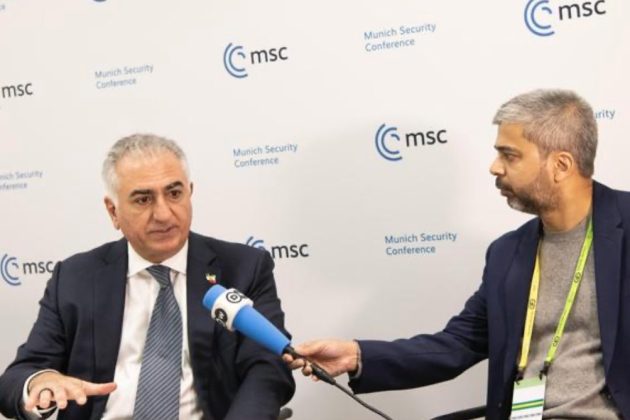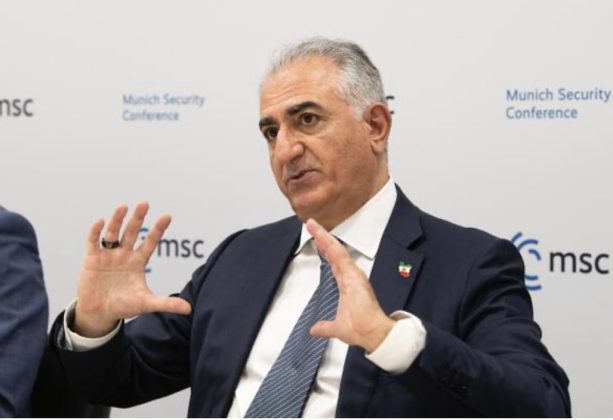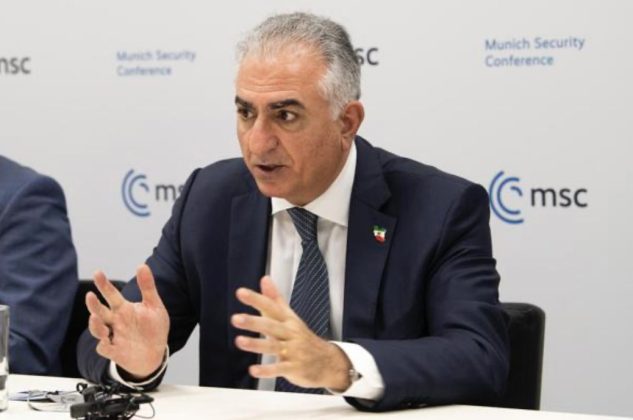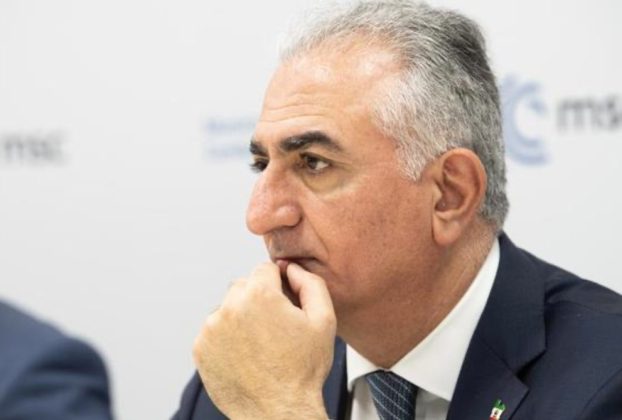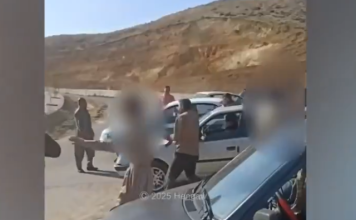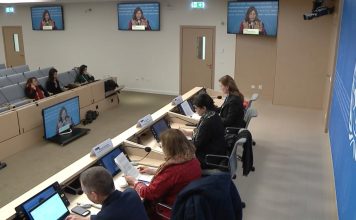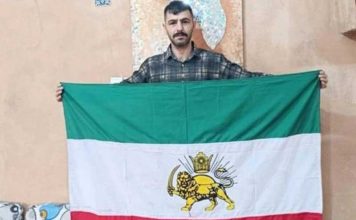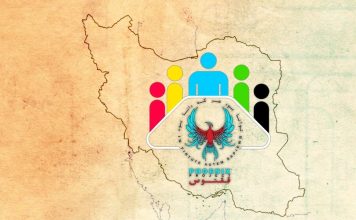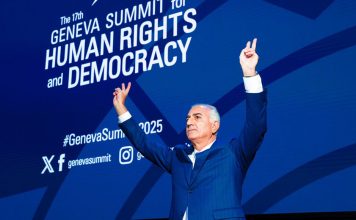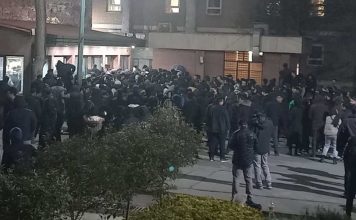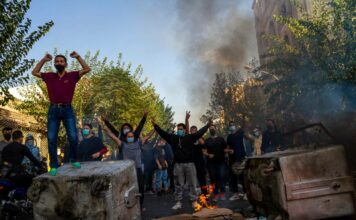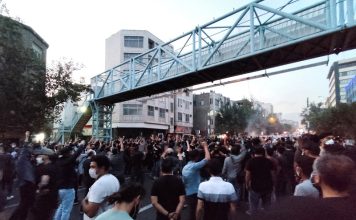By Prince Reza Pahlavi
The organizers of the Munich Security Conference decided not to invite representatives of the Islamic Republic to speak at this year’s gathering. Instead, they invited Iranians who oppose the regime. I was honored to be one of them.
The organizers’ decision – significant just for enabling representation of Iran by other than the Islamic Republic for the first time in the event’s history – serves not only to condemn and isolate the regime, but also to engage and elevate the Iranian people. When I spoke in Munich this week, I sought to persuade others, including Western governments, to adopt a similar approach. Through further dialogue with the Iranian people rather than regime, the West will come to recognize that an alternative international security reality – particularly for Europe – that is both viable and valuable will emerge with a post-Islamic Republic Iran.
Iran is in the throes of a revolutionary movement that seeks to overthrow the Islamic Republic and establish a secular democracy. Iranians, particularly those in the younger generations, are eager for sweeping change in Iran and fully reject the theocracy and all that it represents – its religious fanaticism, its hostility toward Iranian history and culture, its mistreatment of women and minorities, its enmity toward the Western world and its corruption and mismanagement of Iran’s economy, environment and national resources. I am confident that, not long from now, on their own terms and their own merits, the Iranian people will reclaim Iran from this regime and put it back on the path toward freedom, democracy, peace and prosperity.
Time To Ramp Up Support for Iranian People, Former Shah’s Son Says
Prince Reza Pahlavi : ‘The Alternative to the Islamic Republic is the Iranian nation’
Just as the Islamic Republic is viewed by Iranians as an illegitimate occupying force with disregard or disdain for their history, culture and national interests, it is viewed by the Western world as a dreadful and constant menace to international peace and stability. Therefore, beyond transforming Iran, the Iranian people’s movement for freedom and democracy holds the promise of transforming the security landscape of the international political arena.
[aesop_image img=”https://kayhanlife.com/wp-content/uploads/2023/02/2023-02-18T000000Z_692351557_MT1NURPHO0001JU1GV_RTRMADP_3_USA-NEWS.jpg” panorama=”off” credit=”People demand the European Union designate Iran’s Islamic Revolutionary Guard Corps a terrorist group during a march against the Islamic regime in Iran. Members of the Iranian-American community in Washington, DC, have demonstrated every weekend since the death of Mahsa Zhina Amini in solidarity with Iranians who continue to protest against their government. The mass uprising began in Iran when Amini died in police custody after arrest for a hijab violation. (Photo by Allison Bailey/REUTERS./” align=”center” lightbox=”off” captionsrc=”custom” captionposition=”left” revealfx=”off” overlay_revealfx=”off”]
Due to its proximity to Iran and its significant energy demands, Europe is perhaps more exposed than any other continent to the international security risks produced, and the associated costs imposed, by the Islamic Republic. For Europe, the Islamic Republic presents an international security reality beset with myriad seemingly endless crises and challenges: across European territory, the promotion of hate and radicalism and the planning and perpetration of assassination and terror plots; at Europe’s borders, a torrent of millions of migrants from countries torn apart by the Islamic Revolutionary Guard Corps; in Ukraine, the provision of military assistance in support of Russian aggression; in diplomacy, blackmail by nuclear proliferation and hostage-taking; in energy, an unreliable and largely unavailable supply partner; and in commerce, an economic market that is neither attractive nor safe as a target for trade or investment.
A representative democracy in Iran would behave very differently from the Islamic Republic. It would be driven by Iran’s national interests, not extremist religious ideology, and guided by the popular interests of the Iranian people, not the narrow political or pecuniary interests of a corrupt elite. It would abandon the highly destructive foreign adventures of the Islamic Revolutionary Guard Corps and discontinue sponsorship of militia and other destabilizing non-state actors across the Middle East and instead seek common ground and collaboration with its neighbors, including Israel, on prevailing security, economic and environmental concerns. Like other democracies, its internal political competitions would be resolved at the ballot box rather than by repression or assassination, including on foreign soil. And, instead of harassing, threatening or extorting, it would seek foreign investment from, and cross-border trade with, Europe, serving as an alternative source of energy for EU nations as they seek to diversify their supply base and accelerate the transition toward renewables.
To Western democratic values and interests, the Islamic Republic is a natural enemy while the Iranian people are a natural ally. At such a time when the Iranian people are fighting courageously, and with ever-increasing confidence and determination, to reclaim Iran from the Islamic Republic, it would be politically irresponsible and short-sighted for Western governments to extend a hand to the regime instead of the Iranian people. Europe’s policy priority with respect to Iran should be to engage and empower the Iranian people while isolating and weakening the Islamic Republic – doing otherwise is not simply betting on a dead horse; it is working against the current and future security interests of Europe.
Iran’s Regime A ‘Serious Threat’ to World Peace and Security, UN Expert Says
OPINION: The Solution to the ‘Iran Problem’ is Regime Change

